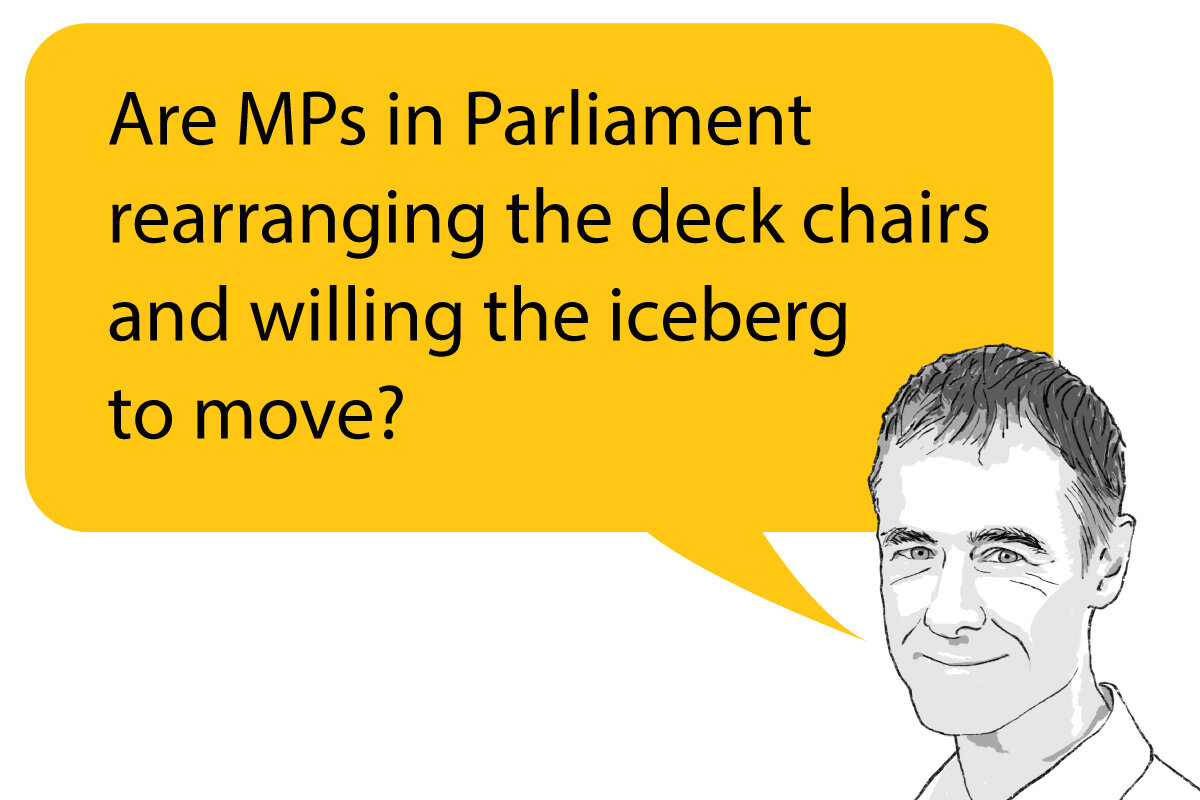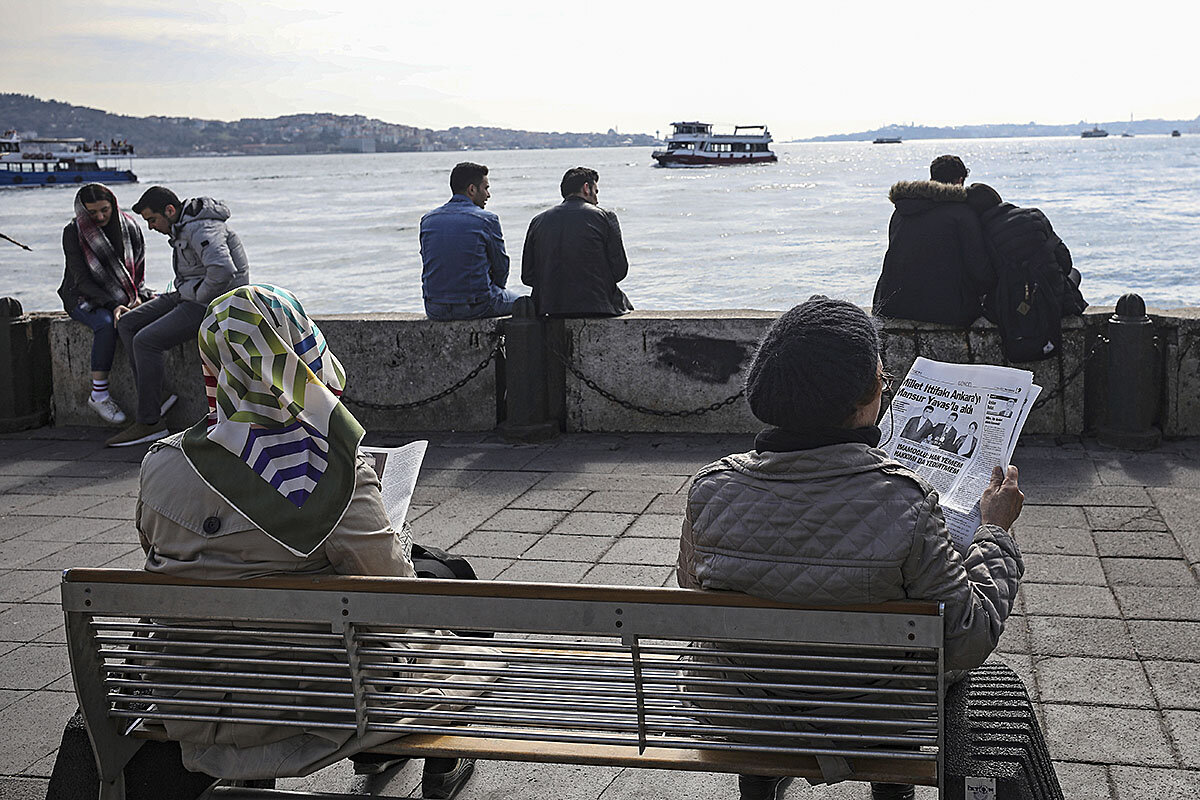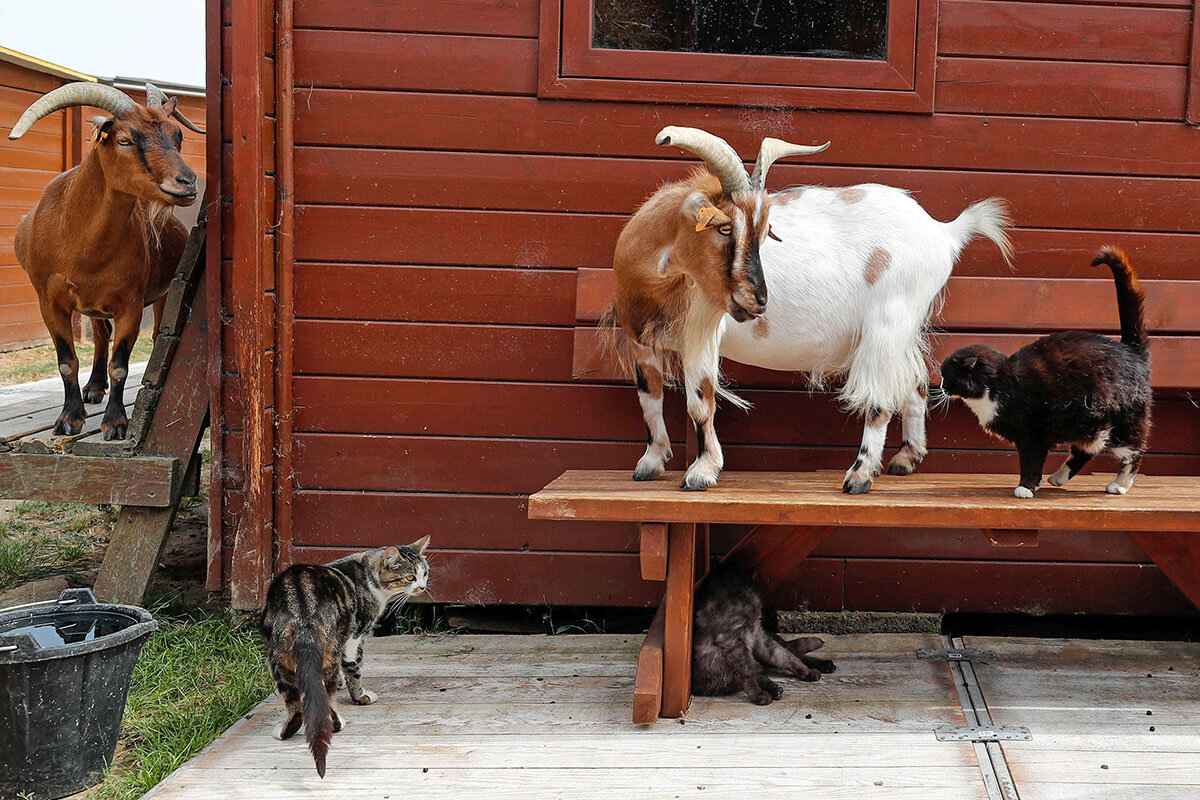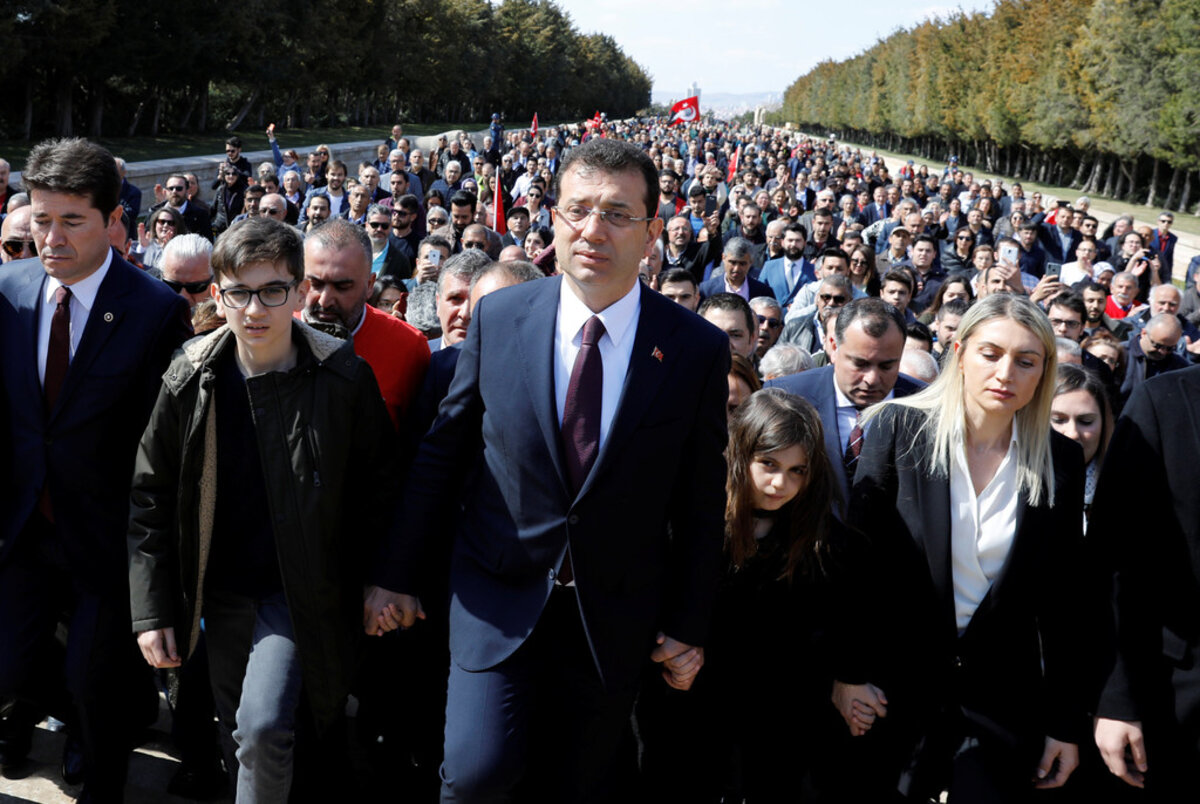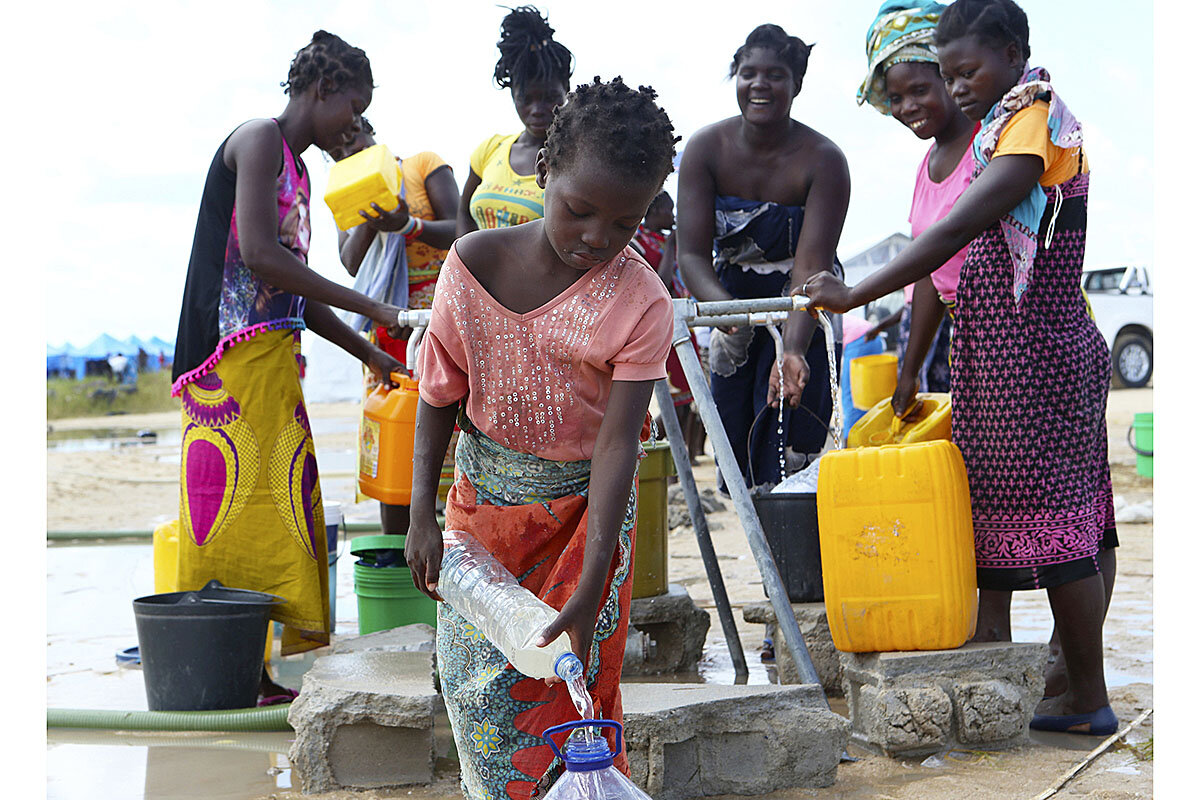You’ve told us that Brexit is a little easier to digest as a conversation. We invite you to eavesdrop again on our two British correspondents as they banter over the latest developments. After you do, let us know what questions you still have.
Monitor Daily Podcast
- Follow us:
 David Clark Scott
David Clark Scott
Voters in Slovakia elected a president who . Royal Dutch Shell . And to save sea turtles, a 7-year-old persuaded .
But the story I couldn’t let pass today was about a robotics team in Minnesota. Their gift: Freedom for a 2-year-old boy.
A group of high schoolers accepted the challenge of building a low-cost wheelchair for a toddler with mobility issues. The result is way cooler than what you might imagine.
The Farmington, Minnesota, teenagers hacked an electric toy car, rewired it and rewrote the controller code, added a custom seat, and built a joystick with a 3D printer.
Little Cillian Jackson doesn’t walk – now he flies around the house.
His parents describe it as the gift of choice and independence. “When he gets in his car, he will consciously stop and look at a doorknob or a light switch or all of these things he’s never had time to explore,” says Tyler Jackson. And his mom, Krissy, tells CNN, “It really .... Having the car has really given him the agency to make choices on his own.”
These teens love competing in robotics events. But they learned innovation is most rewarding when it’s about people. Freshman Alex Treakle says that when he saw Cillian try the car for the first time, “The joy on his face really made my entire year.”
Now to our five selected stories, including a major shift in voter sentiment in Turkey, a new book about hope, and why scientists say cows have feelings, too.






